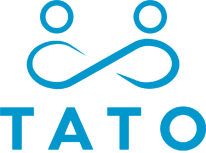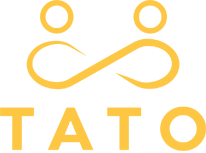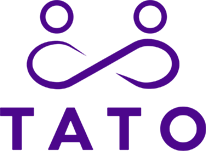




Upcoming Workshops
TA101 - Intro to TA
Menu






“Season of mists and mellow fruitfulness, Close bosom-friend of the maturing sun;Conspiring with him how to load and bless With fruit the vines that round the thatch-eves

Waking up to another morning with snow blanketing our part of the world brings to mind this quote from Albert Einstein. In the midst of

New year, new group, new start Beren Aldridge and Bev Gibbons, our Foundation Certificate trainers, share their thoughts on the first training weekend of the

David Brooks is the inspiration for this week’s creativity exploration. Albert Durer (1471 – 1528) had never seen a Rhinoceros and drew this sketch in
We’ve had some great feedback from our Online First Steps to Successful Private Practice training last weekend. Andy Williams was the trainer for this event.
Kat shares with us her thoughts on the training weekend on Redecisions on this video. The weekend covered Re-decisions and Impasses and included the different
Lin Cheung is a Co Director and Trainer at TA Training Organisation. Lin lives in Buxton, where she has a supervision and therapy practice. She
Andy Williams, one of the Training Directors at TA Training Organisation talks about our 1 year Foundation Certificate in Transactional Analysis Psychotherapy.
Psychotherapy is often like being a detective. In learning how to be a psychotherapist we go on the hunt for what is the underlying meaning
Are you thinking that you might be interested in training as a psychotherapist or a counsellor? Wondering if this is the kind of work you